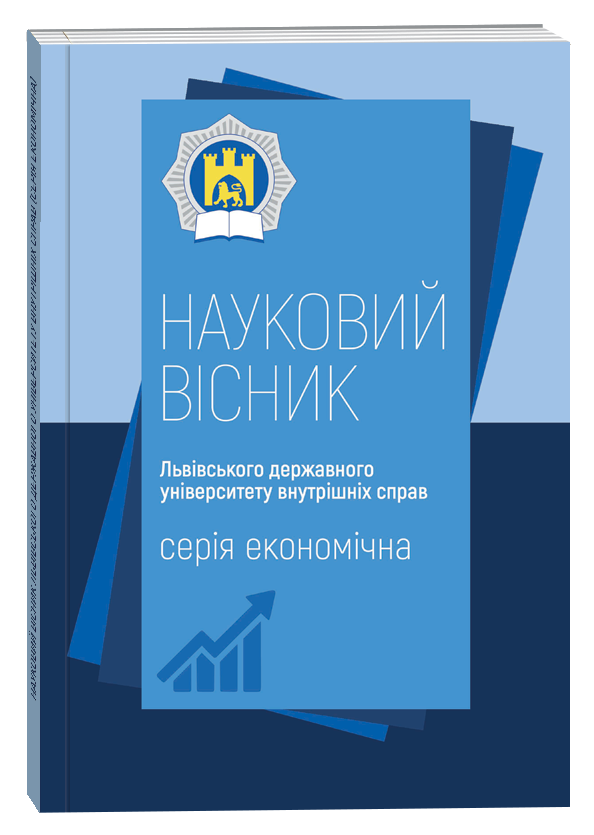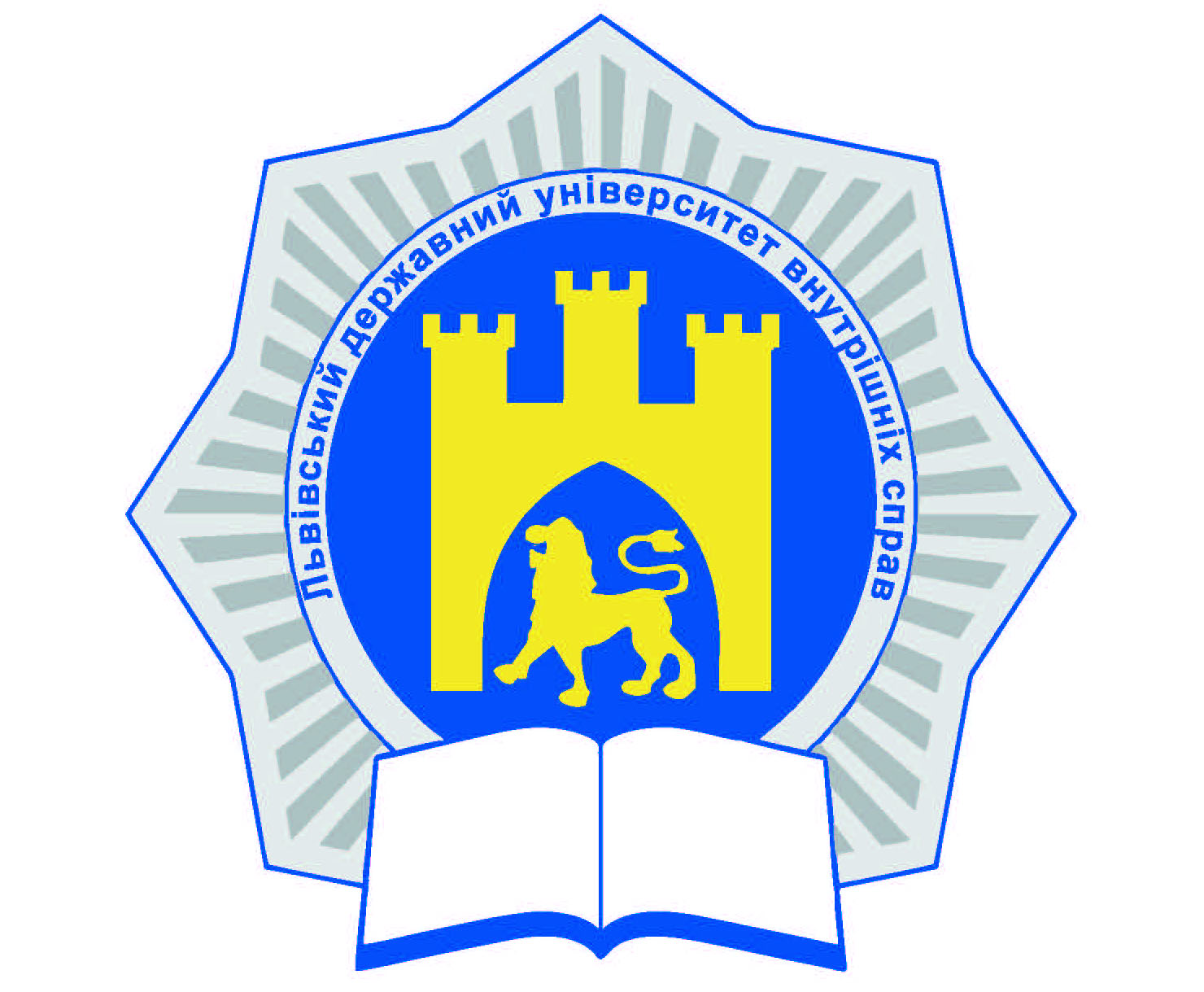METHODOLOGICAL APPROACHES TO THE IMPLEMENTATION OF ANTI-CORRUPTION EDUCATIONAL PRACTICES IN THE EDUCATION SPACE
DOI:
https://doi.org/10.32782/2311-844X/2024-1-12Keywords:
modules, implementation, corruption, stakeholders, honest society, ethics, morality, systematic approach, methodologyAbstract
In the modern world, corruption has become detrimental to the foundations of statehood, business, and the individual. Democratic principles are disdained, the level of trust in state institutions decreases, and the social polarization of society increases sharply. Corruption has acquired a global character and is a serious problem for all countries. The article discusses a series of anti-corruption modules developed by UNODC. It is noted that their main purpose is an educational function. The key task of the proposed modules is to gain knowledge about the essence of such a phenomenon as corruption, to establish ethics and morality as the main postulates of an honest society. A methodology of a systematic approach to the implementation of anti-corruption educational practices in the educational space of Ukraine has been developed, which includes identification of priority needs, namely, areas of activity where anti-corruption knowledge is extremely important for the "improvement" of society; analysis of the needs of the educational system of Ukraine. At this stage, the level of knowledge of the audience of students and teachers about the challenges of corruption, identification of gaps in the real assessment of problems is tested; formation of educational program packages, which mainly include anti-corruption modules in accordance with the standards of the education system in Ukraine; development of strategies for mental and physical accessibility of anti-corruption modules, taking into account degrees of study and educational institutions; an established system of monitoring and evaluating the effectiveness of the introduction of anti-corruption modules into the educational process; extensive contacts with similar educational institutions in the region or beyond in the form of bilateral contacts or public events for the purpose of sharing accumulated experience. Attention is focused on the principles of continuity of integration of relevant knowledge throughout the entire training. An attempt was made to group educational modules according to their functional characteristics, and their informative content was developed. It is proposed to use modern innovative technologies during training. The proposed methodology for the implementation of anti-corruption modules of the UN in the sphere of education of Ukraine has a systemic nature, ensures the integration of new knowledge into educational programs and is a powerful catalyst for the training of a passionate generation motivated to fight corruption.
References
Боженко В.В., Петренко К.Ю. Кращі практики використання цифрових технологій та штучного інтелекту для боротьби з корупцією. Вісник Сумського державного університету. 2022. № 2. С. 59–66. URL: http://nbuv.gov.ua/UJRN/VSU_ekon_2022_2_8 (дата звернення: 24.02.2024).
Головач Т.А. Поняття корупційних ризиків. Економіка. Фінанси. Право. 2020. № 12. С. 16–19. URL: http://nbuv.gov.ua/UJRN/ecfipr_2020_12_5 (дата звернення: 24.02.2024).
Головач Т.А. Про питання надання аудиторських послуг із зовнішньої оцінки корупційних ризиків у діяльності підприємств і акціонерних товариств державної форми власності: підготовка та планування. Економіка. Фінанси. Право. 2020. № 6. С. 14–18. URL: http://nbuv.gov.ua/UJRN/ecfipr_2020_6_5 (дата звернення: 24.02.2024).
Головач Т.А., Головач В.В. Роль аудиторів у протидії шахрайству й корупції. Економіка. Фінанси. Право. 2021. № 1. С. 18–24. URL: http://efp.in.ua/uk/journal-article/577 (дата звернення: 24.02.2024).
Глобальний ресурс з питань антикорупційної освіти та підвищення антикорупційної активності молоді. URL: https://grace.unodc.org/grace/ (дата звернення: 24.02.2024).
Кваша О.О. Політична воля − необхідна умова ефективної протидії корупції. Правова держава. 2020. Вип. 31. С. 359–365. URL: http://pravova-derzhava.org.ua/files/pravova-derjava.vipusk-31-_2020_.pdf (дата звернення: 24.02.2024).
Ковальова О.В., Алексеєва К.А. Міжнародний досвід боротьби з корупцією та криміналізації корупційних порушень. Наукові записки Інституту законодавства Верховної Ради України. 2021. № 1. С. 33–45. URL: http://nbuv.gov.ua/UJRN/Nzizvru_2021_1_6 (дата звернення: 24.02.2024).
Кофанов А.В., Кулик М.Й., Терещенко Ю.В., Стрілець Г.О., Павловська Н.В., Корупція у сфері державного управління і економіки України: сучасний стан і трансформація. Криміналістика і судова експертиза. 2021. Вип. 66. С. 341–353. URL: http://nbuv.gov.ua/UJRN/krise_2021_66_36 (дата звернення: 24.02.2024).
Лагутін В., Петренко Н. Реалізація державної політики протидії корупції. Зовнішня торгівля: економіка, фінанси, право. 2020. № 4. С. 5–22. URL: http://nbuv.gov.ua/UJRN/uazt_2020_4_39 (дата звернення: 24.02.2024). 10.Макаренко В.С. Загальні засади протидії корупції в країнах Вишеградської четвірки: досвід Чехії. Вісник Харківського національного університету внутрішніх справ. 2022. № 4. С. 311–322. URL: http://nbuv.gov.ua/UJRN/VKhnuvs_2022_4_29 (дата звернення: 24.02.2024).
Матвійчук А.В. Особливості застосування інформаційних технологій для протидії корупційним правопорушенням в умовах сучасності: організаційно-правовий аспект. Dictum factum. 2023. № 1. С. 98–106. URL: http://nbuv.gov.ua/UJRN/dicf_2023_1_14 (дата звернення: 24.02.2024).
ООН: Модуль 1. Что такое коррупция и почему нас это должно беспокоить? URL: https://grace.unodc.org/grace/uploads/documents/academics/Anti-Corruption_Module_1_What_Is_Corruption_and_Why_Should_We_Care_RU.pdf (дата звернення: 24.02.2024).
ООН: Серія модулів протидії корупції URL: https://grace.unodc.org/grace/ru/academia/module-series-on-anti-corruption.html (дата звернення: 24.02.2024).
Ортинський В. Роль громадянського суспільства та ЗМІ у боротьбі з корупцією. Вісник Національного університету "Львівська політехніка". 2020. Т. 7. № 3. С. 1–6. URL: http://nbuv.gov.ua/UJRN/vnulpurn_2020_7_3_3 (дата звернення: 24.02.2024).
Паєнтко Т.В., Федосов В.М. Діджиталізація урядової бюрократії в європейських країнах: корупційні ризики та антикорупційні ефекти. Фінанси України. 2020. № 8. С. 86–102. URL: http://nbuv.gov.ua/UJRN/Fu_2020_8_8file:///C:/Users/Admin/Downloads/Fu_2020_8_8.pdf (дата звернення: 24.02.2024).
Писаренко В.П. Організація роботи із протидії корупції в Україні та практика впровадження зарубіжного досвіду. Економіка та держава. 2020. № 3. С. 77–80. URL: http://nbuv.gov.ua/UJRN/eddu_2020_3_17 (дата звернення: 24.02.2024).
Проскура К.П. Відпрацювання корупційних ризиків в установах шляхом пошуку інформації про посадових осіб з використанням відкритих джерел інформації. Криміналістика і судова експертиза. 2021. Вип. 66. С. 837–845. URL: http://nbuv.gov.ua/UJRN/krise_2021_66_82 (дата звернення: 24.02.2024).
Сенченко М. Видатні лідери Сходу, які перемогли бідність і корупцію. Вісник Книжкової палати. 2021. № 8. С. 3–4. URL:http://nbuv.gov.ua/UJRN/vkp_2021_8_3 (дата звернення: 24.02.2024).
Стародубцева К.С., Галушко В.Г., Котова Л.В. Діджиталізовані інструменти у процесі запобігання корупції у публічній владі України: вдосконалення законодавчих та практичних підходів. Актуальні проблеми права: теорія і практика. 2022. № 1. С. 140–147. URL: http://nbuv.gov.ua/UJRN/app_2022_1_16 (дата звернення: 24.02.2024).
Bozhenko V. V. and Petrenko K. Yu. (2022) The best practices of using digital technologies and artificial intelligence to fight corruption. Visnyk Sums'koho derzhavnoho universytetu, vol. 2, pp. 59–66. Available at: http://nbuv.gov.ua/UJRN/VSU_ekon_2022_2_8 (accessed February 24, 2024).
Holovach T. A. (2020) Understanding the risks of corruption. Ekonomika. Finansy. Pravo, vol. 12, pp. 16–19. Available at: http://nbuv.gov.ua/UJRN/ecfipr_2020_12_5 (accessed February 24, 2024).
Holovach T. A. (2020) About the supply of audit services from the current assessment of corruption risks in the activities of enterprises and joint stock companies of the state power: preparation and planning. Ekonomika. Finansy. Pravo, vol. 6, pp. 14–18. Available at: http://nbuv.gov.ua/UJRN/ecfipr_2020_6_5 (accessed February 24, 2024).
Holovach T. A. and Holovach V. V. (2021) The role of auditors in the fight against fraud and corruption. Ekonomika. Finansy. Pravo, vol. 1, pp. 18–24. Available at: http://efp.in.ua/uk/journal-article/577 (accessed February 24, 2024).
UNODC (2024) Global resource on anti-corruption education and increasing anti-corruption activity of youth. Available at: https://grace.unodc.org/grace/ (accessed February 24, 2024).
Kvasha O. O. (2020) Political will is essential for an effective fight against corruption. Pravova derzhava, vol. 31, pp. 359–365. Available at: http://nbuv.gov.ua/UJRN/PrDe_2020_3_40 (accessed February 24, 2024).
Koval'ova O. V. and Alekseieva K. A. (2021) International evidence of the fight against corruption and the criminalization of corruption offenses. Naukovi zapysky Instytutu zakonodavstva Verkhovnoi Rady Ukrainy, vol. 1, pp. 33–45. Available at: http://nbuv.gov.ua/UJRN/Nzizvru_2021_1_6 (accessed February 24, 2024).
Kofanov A. V., Kulyk M. J., Tereschenko Yu. V., Strilets' H. O. and Pavlovs'ka N. V. (2021) Corruption in the sphere of government and the economy of Ukraine: current situation and transformation. Kryminalistyka i sudova ekspertyza, Vol. 66, pp. 341–353. Available at: http://nbuv.gov.ua/UJRN/krise_2021_66_36 (accessed February 24, 2024).
Lahutin V. and Petrenko N. (2020) Implementation of the government's anti-corruption policy. Zovnishnia torhivlia: ekonomika, finansy, pravo, vol. 4, pp. 5–22. Available at: http://nbuv.gov.ua/UJRN/uazt_2020_4_39 (accessed February 24, 2024).
Makarenko V. S. (2022) Hidden ambushes against corruption in the countries of the Visegrad Four: evidence from the Czech Republic. Visnyk Kharkivs'koho natsional'noho universytetu vnutrishnikh sprav, vol. 4, pp. 311–322. Available at: http://nbuv.gov.ua/UJRN/VKhnuvs_2022_4_29 (accessed February 24, 2024).
Matvijchuk A. V. (2023) Features of the use of information technologies to prevent corruption offenses in the public sphere: organizational and legal aspect. Dictum factum, vol. 1, pp. 98–106. Available at: http://nbuv.gov.ua/UJRN/dicf_2023_1_14 (accessed February 24, 2024).
UNODC (2024) Module 1: What is corruption and why should we care?” Available at: https://grace.unodc.org/grace/uploads/documents/academics/Anti-Corruption_Module_1_What_Is_Corruption_and_Why_Should_We_Care_RU.pdf
(accessed February 24, 2024).
UNODC (2024) A series of anti-corruption modules” https://grace.unodc.org/grace/ru/academia/module-series-on-anti-corruption.html
Ortyns'kyj V. (2020) The role of the community and the community in the fight against corruption. Visnyk Natsional'noho universytetu "L'vivs'ka politekhnika", vol. 3, pp. 1–6. Available at: http://nbuv.gov.ua/UJRN/vnulpurn_2020_7_3_3 (accessed February 24, 2024).
Paientko T. V. and Fedosov V. M. (2020) Digitalization of ordinary bureaucracy in European countries: risks of corruption and anti-corruption effects. Finansy Ukrainy, vol. 8, pp. 86–102. Available at: http://nbuv.gov.ua/UJRN/Fu_2020_8_8file:///C:/Users/Admin/Downloads/Fu_2020_8_8.pdf (accessed February 24, 2024).
Pysarenko V. P. (2020) Organization of work against corruption in Ukraine and the practice of promoting foreign intelligence. Ekonomika ta derzhava, vol. 3, pp. 77–80. Available at: http://nbuv.gov.ua/UJRN/eddu_2020_3_17 (accessed February 24, 2024).
Proskura K. P. (2021) Addressing corruption risks in settings by searching for information about town officials from various types of information sources. Kryminalistyka i sudova ekspertyza, vol. 66, pp. 837–845. Available at: http://nbuv.gov.ua/UJRN/krise_2021_66_82 (accessed February 24, 2024).
Senchenko M. (2021) Prominent leaders immediately who overcame poverty and corruption. Visnyk Knyzhkovoi palaty, vol. 8, pp. 3-4. Available at: http://nbuv.gov.ua/UJRN/vkp_2021_8_3 (accessed February 24, 2024).
Starodubtseva K. S., Halushko V. H. and Kotova L. V. (2022) Digitalized tools in the process of eliminating corruption in public authorities in Ukraine: an update of legislative and practical approaches. Aktual'ni problemy prava: teoriia i praktyka, vol. 1, pp. 140–147. Available at: http://nbuv.gov.ua/UJRN/app_2022_1_16 (accessed February 24, 2024).





